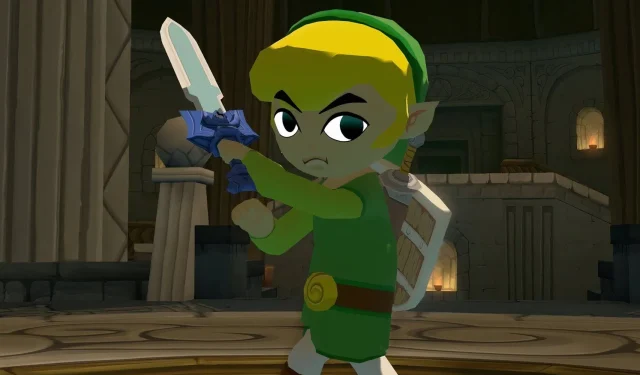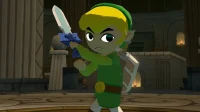This year marks a pivotal moment for fans as The Legend of Zelda is set to receive a long-anticipated feature film adaptation, a project that Nintendo has hinted at for many years. The film aims to captivate audiences with live-action storytelling, unlike Nintendo’s prior animated success with The Super Mario Bros. Movie. This shift raises questions about whether a classic franchise like Zelda can find its footing on the big screen in a fully live-action format.
The notion of the “video game movie curse”has been widely debated. While there has certainly been a surge in quality for video game adaptations in recent years, there were notable successes hidden within this genre’s history. Many of these standouts are animated films, which often get overlooked despite their quality. For instance, earlier entries like the Pokémon films and some adaptations of Street Fighter may not have received the acclaim they deserved due to a lack of high-profile actors. This trend reflects a broader perception that live-action adaptations hold greater value than their animated counterparts, often leading to unfortunate consequences for films bound by these misconceptions.
A Live-Action Vision for The Legend of Zelda
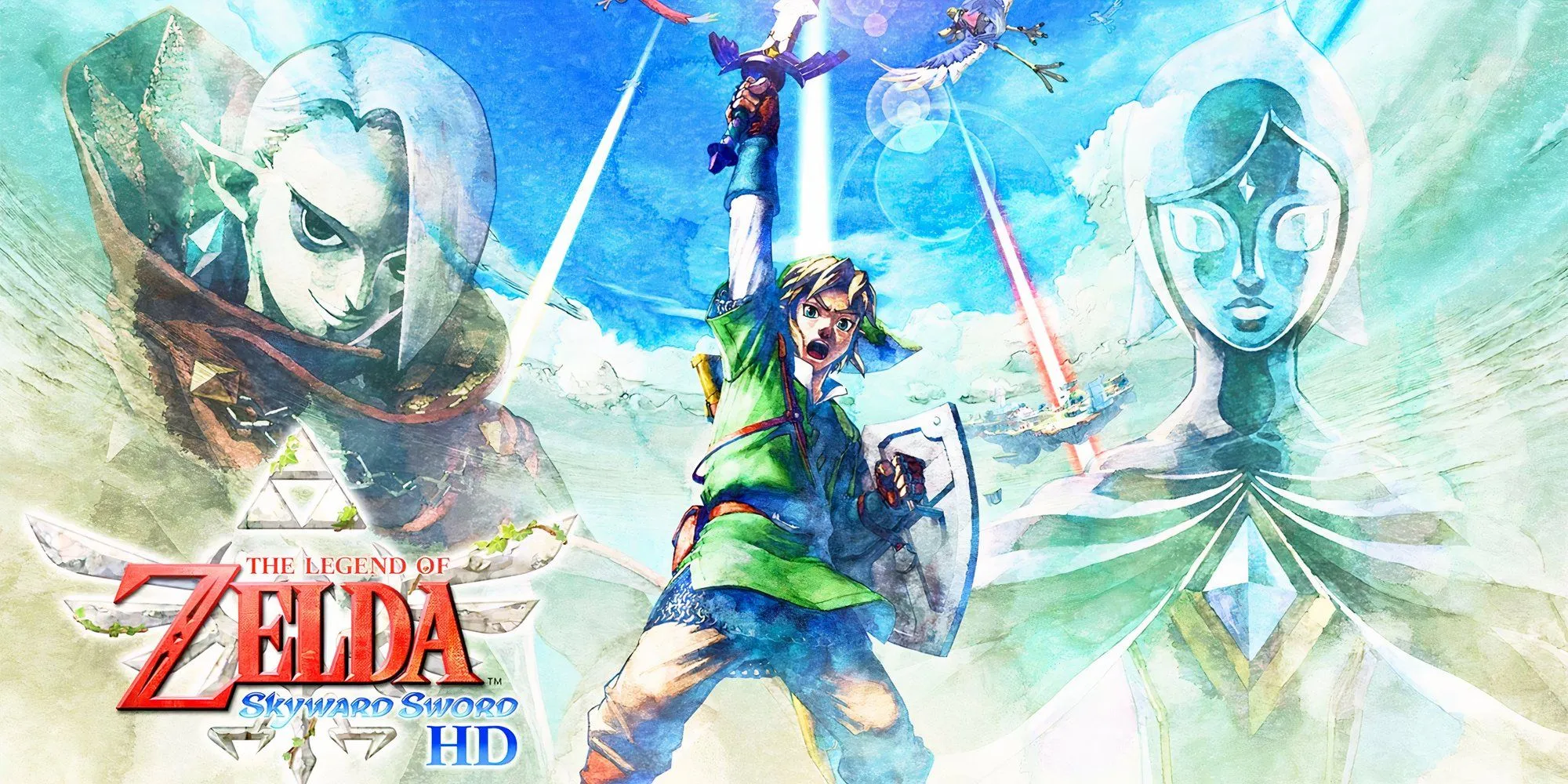
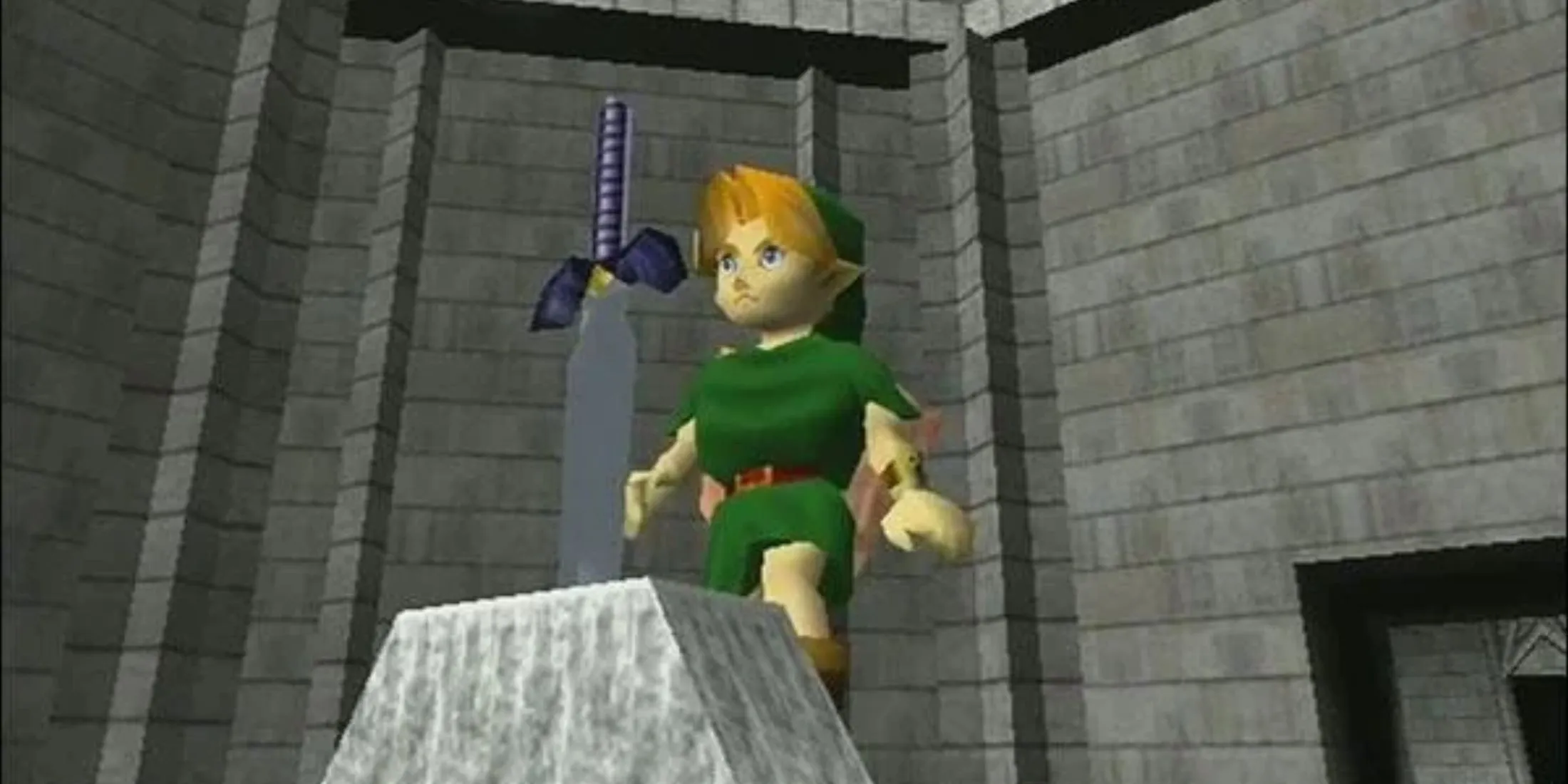
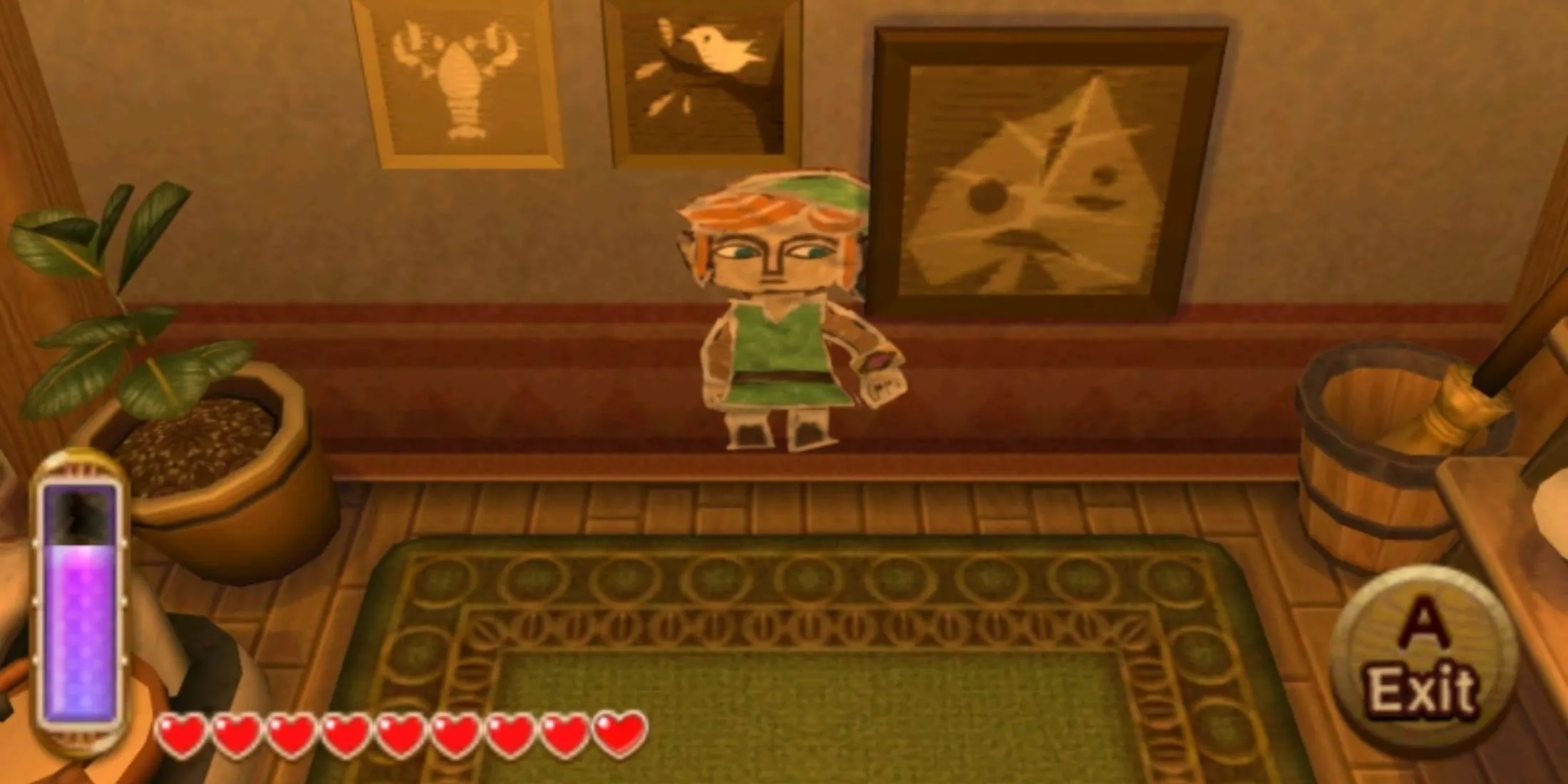
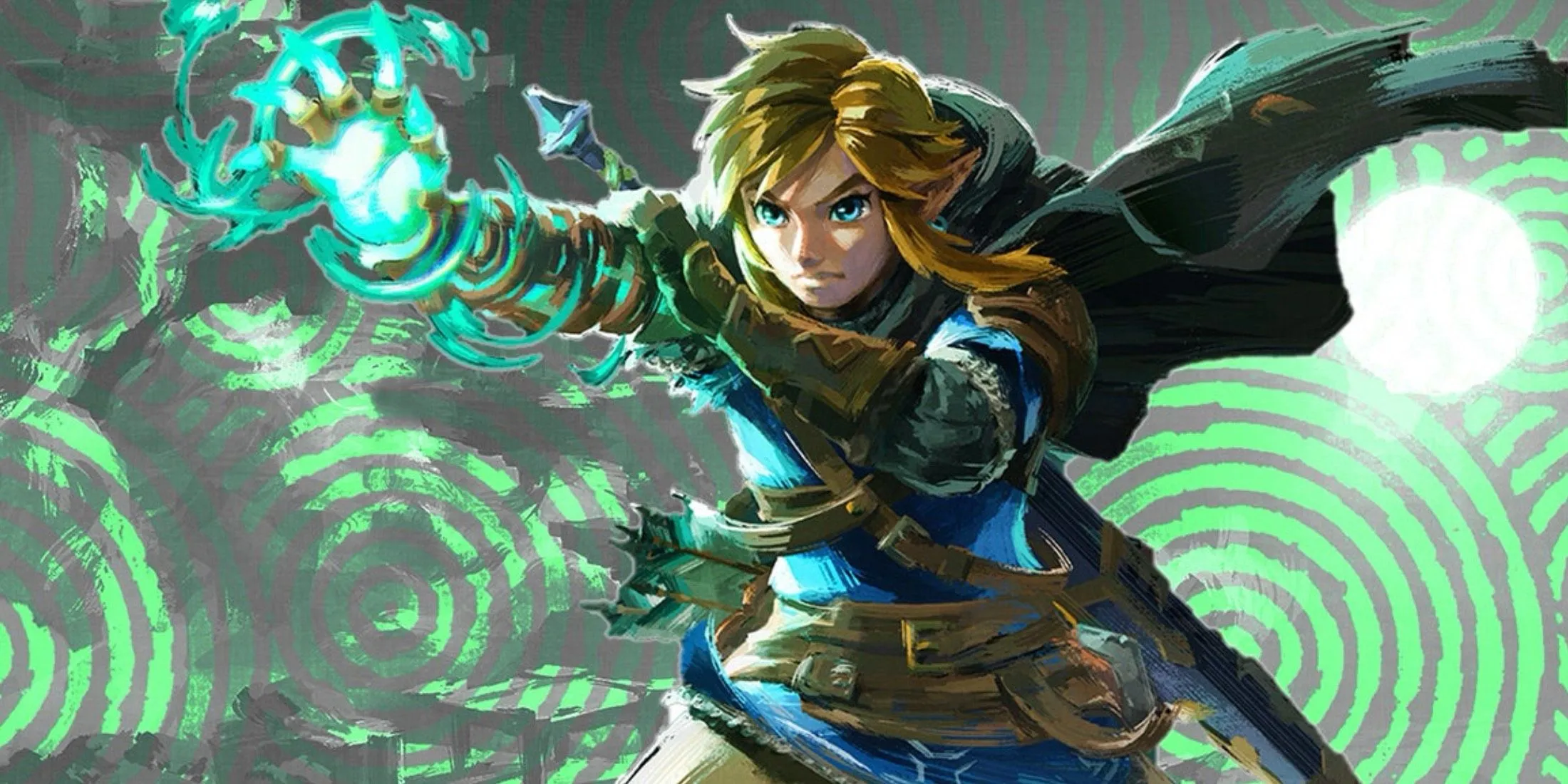
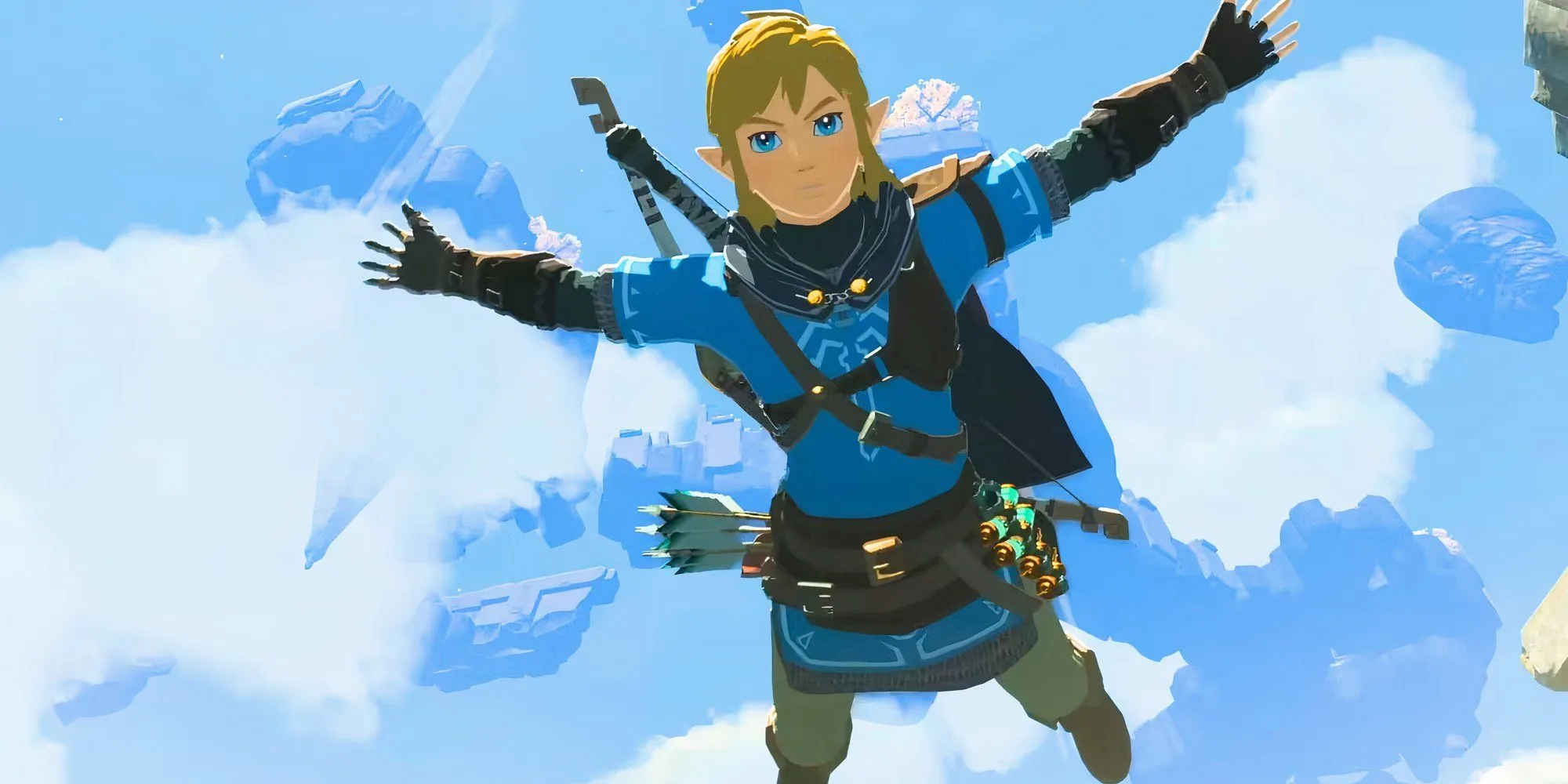
|
Director |
Wes Ball |
|---|---|
|
Screenwriter |
Derek Connolly |
|
Producers |
Wes Ball, Avi Arad, and Shigeru Miyamoto |
|
Release Date |
March 27, 2027 |
Destined to become a cinematic adventure, The Legend of Zelda film has secured its director, Wes Ball, known for his work on The Maze Runner series and Kingdom of the Planet of the Apes. Acclaimed screenwriter Derek Connolly, who contributed to both Jurassic World and Detective Pikachu, will craft the screenplay. Although initial ideas for this film date back to 2010, with aspirations of using advanced motion capture techniques akin to those seen in James Cameron’s Avatar, Ball’s recent projects illustrate a method where real actors integrates seamlessly with impressive CGI backgrounds. The expectation is high that the film will be visually spectacular, appealing to die-hard fans and newcomers alike.
Why Animation May Be the Optimal Path
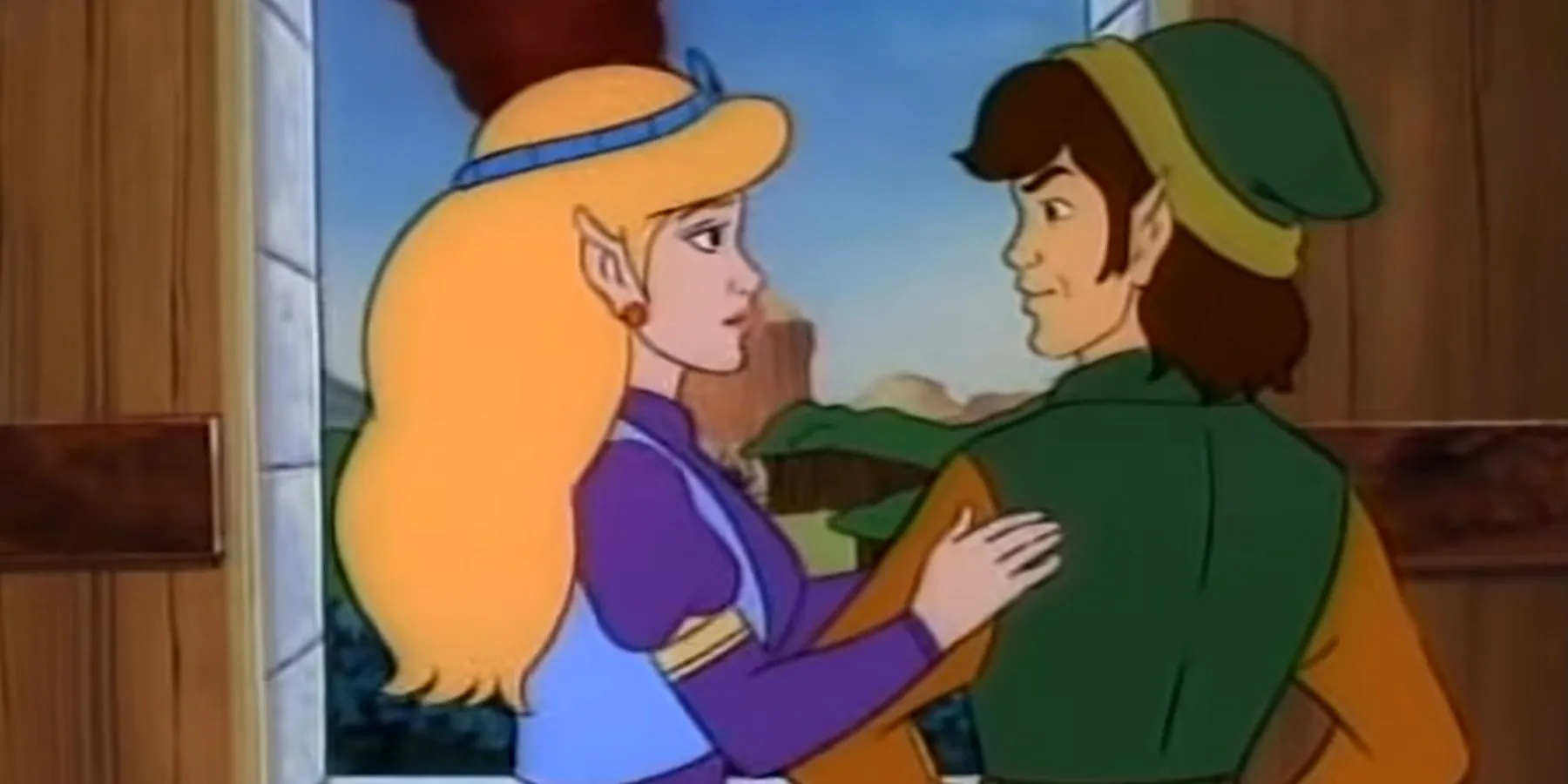
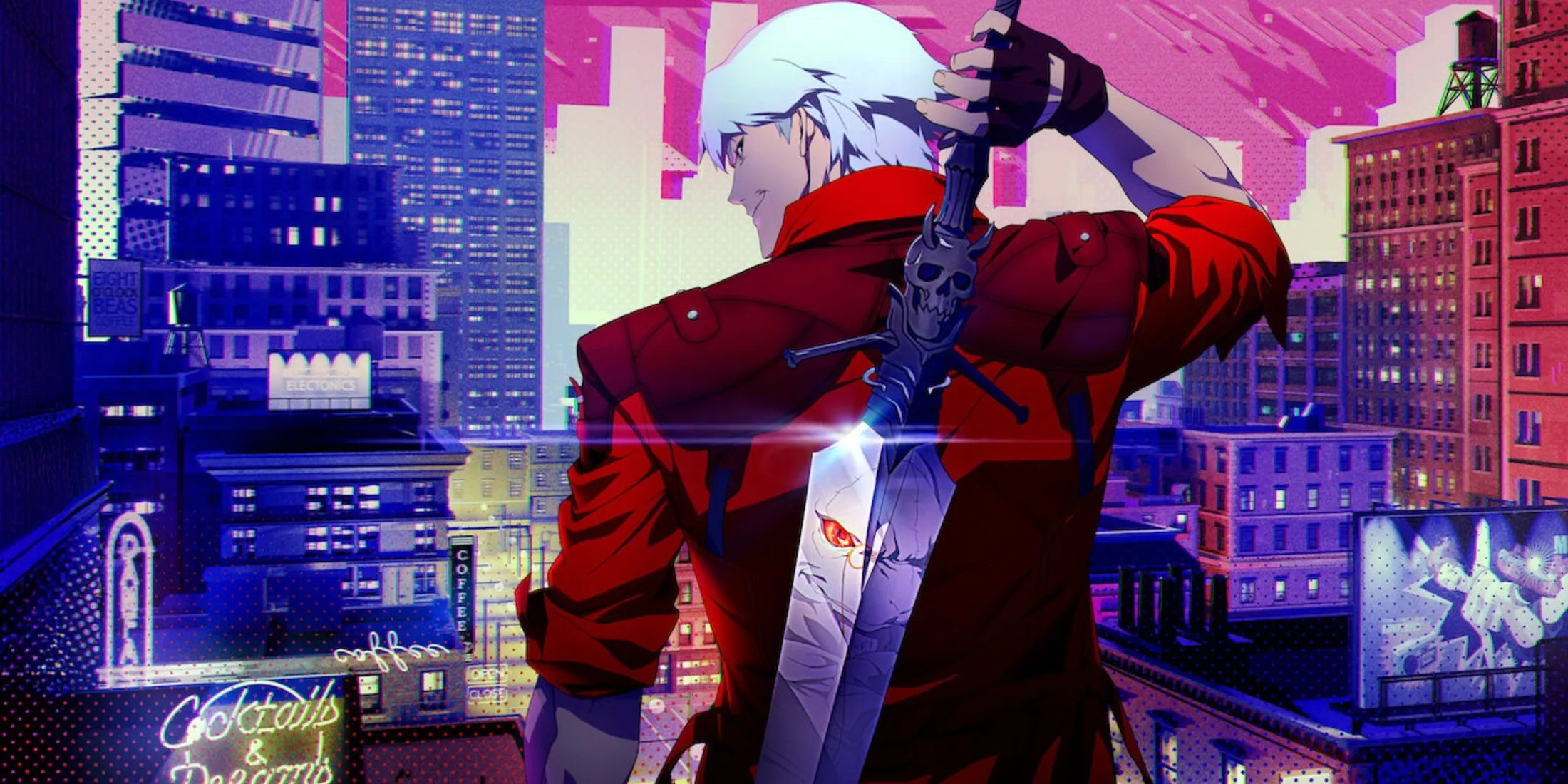
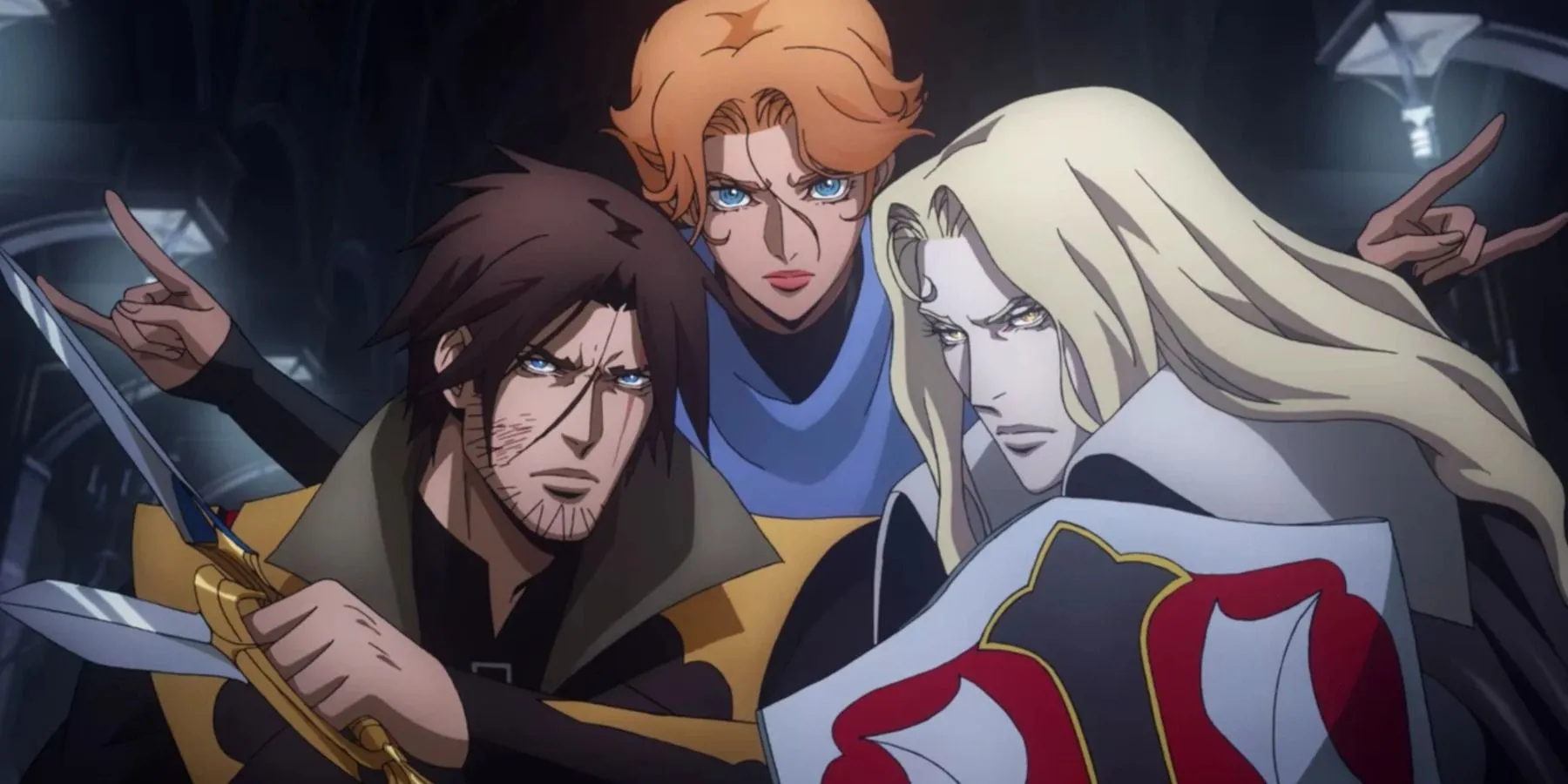
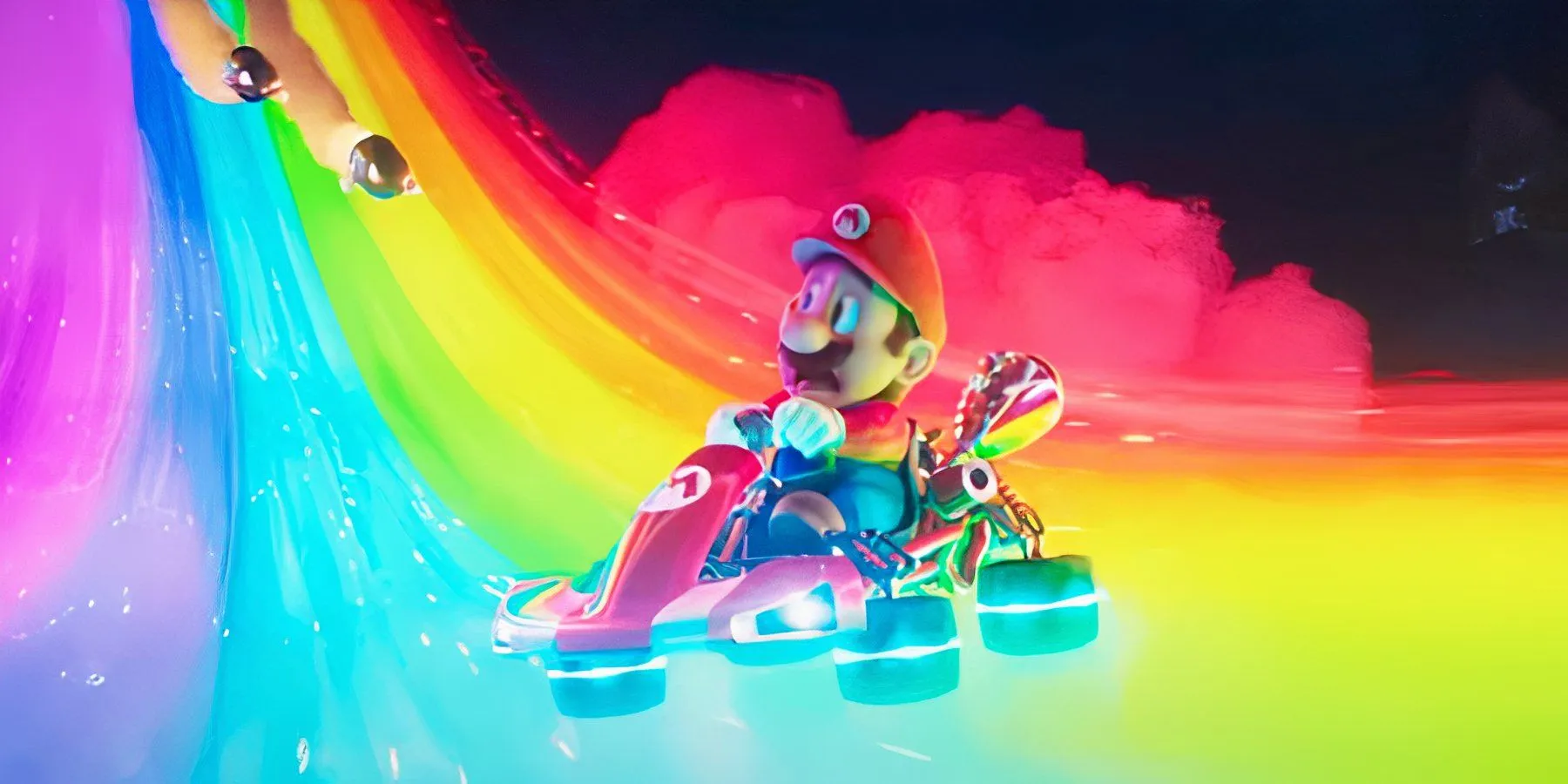
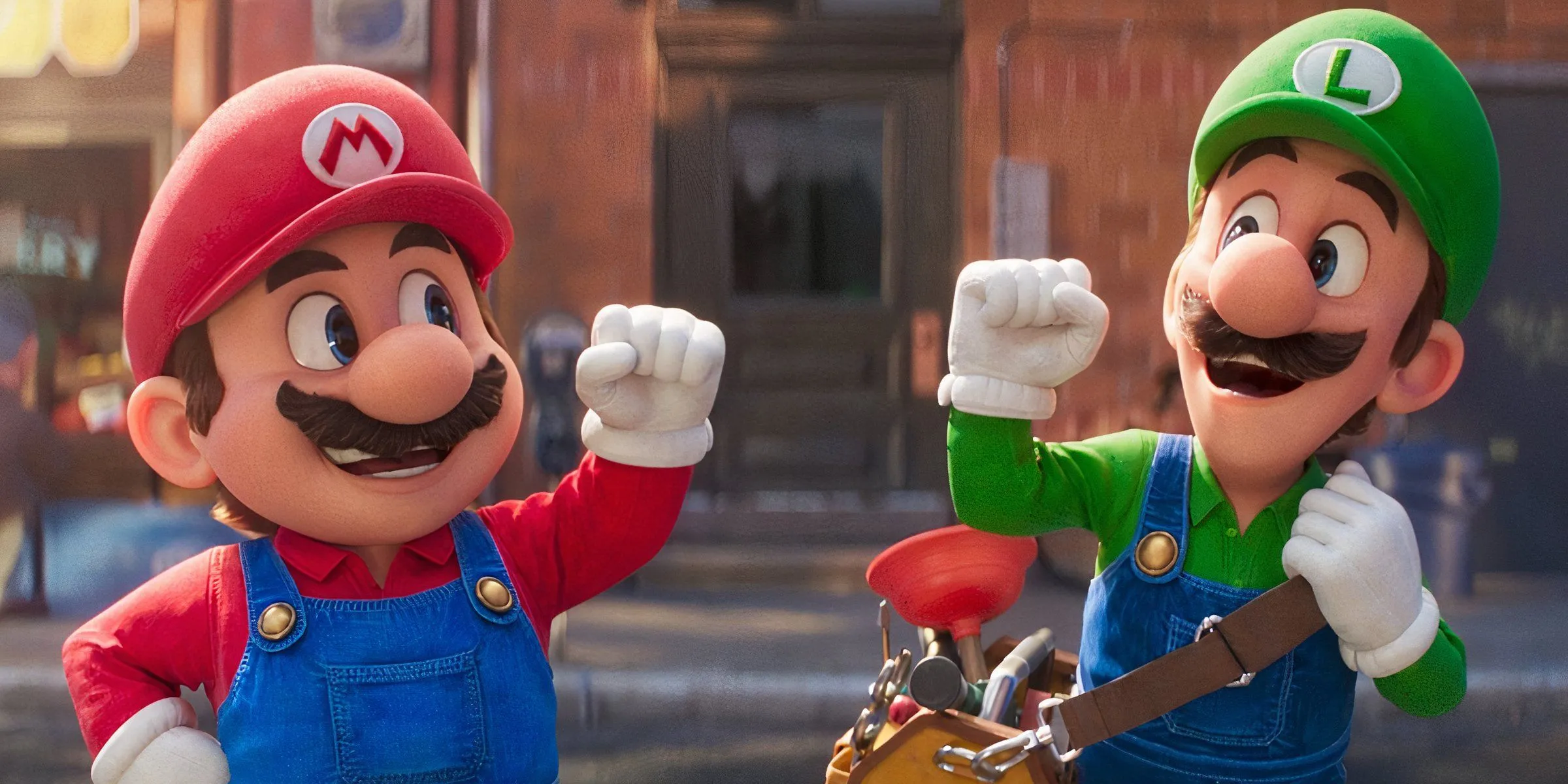
While there have been a handful of successful live-action adaptations, the majority of effective video game translations seem to lean towards animation. Given that most video games are inherently crafted within animated realms, this transition tends to be smoother. Adapting a game to film often entails significant alterations, necessitating a balance between retaining the essence of the source and innovating within a new medium. Animation allows for diverse artistic expressions that maintain the engaging visuals and imaginative elements characteristic of the originals. Unfortunately, attempts to bridge the transition through live action often encounter challenges, as evidenced by previous adaptations like Warcraft, which, despite its ambition and considerable budget, suffered from a disconnect between the animated source material and live-action execution.
Live-action adaptations often grapple with the limitations of bringing beloved characters to life authentically, and whether through CGI, practical effects, or a blend of both, there can be an expectation mismatch. The allure of animated adaptations lies in their capacity to explore fantastical narratives without the constraints typically enforced by live-action standards. As studios grapple with these creative challenges, it becomes evident that animated adaptations may offer more flexibility, allowing for bold storytelling choices that resonate effectively with audiences.
Envisioning the Future of Nintendo Film Adaptations
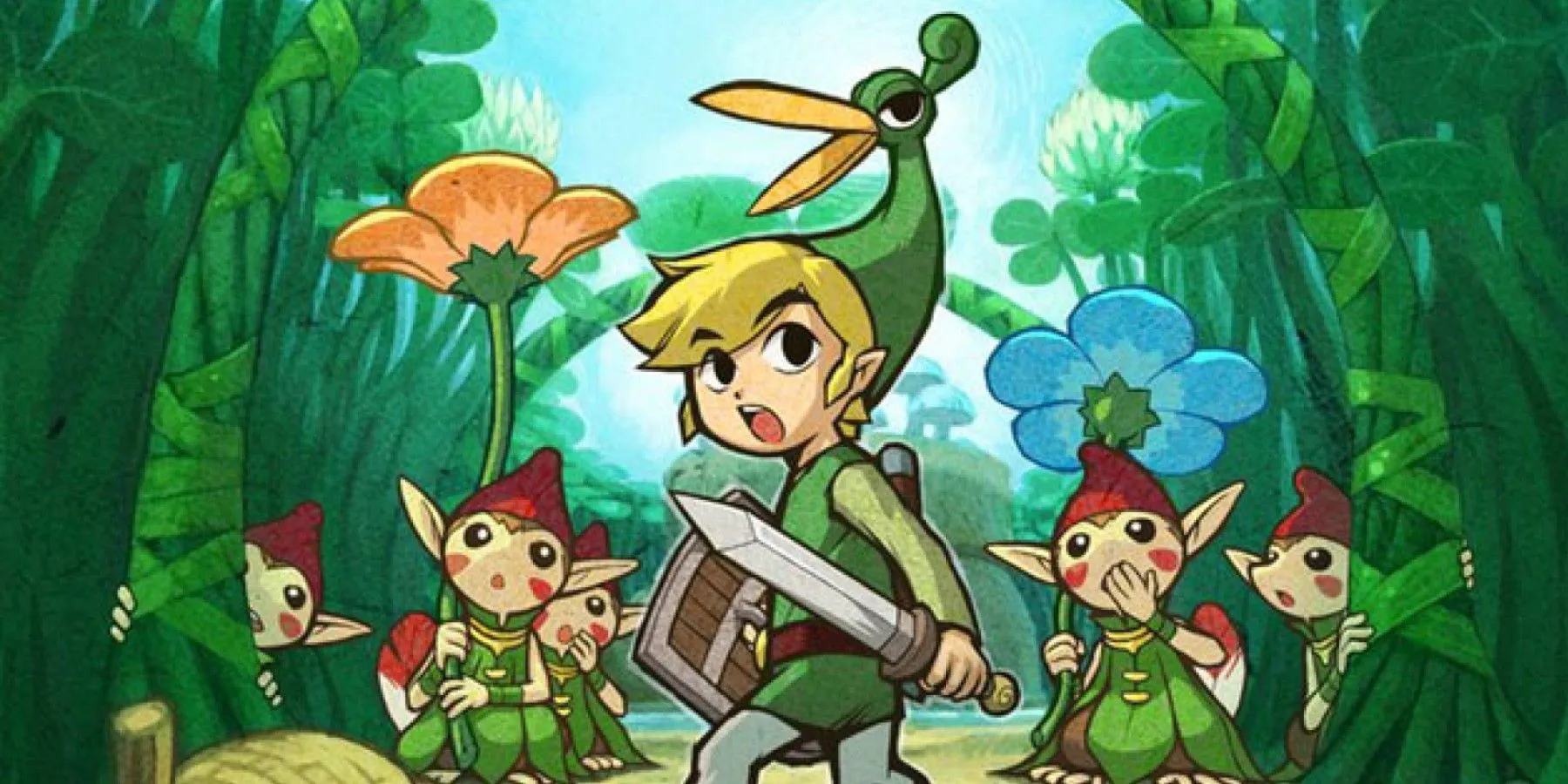
Looking ahead, an ideal scenario for Nintendo’s cinematic endeavors could embrace a fusion of animation and live-action storytelling. Each franchise, such as Zelda, could alternate between live-action films and animated features, similar to the varying artistic styles seen consistently across their games. This versatile approach would not only keep the cinema experience fresh but also reflect the creative diversity inherent in Nintendo’s long-standing history.
While mainstream cinematic universes like Marvel and DC often segregate their animated and live-action projects, Nintendo could break that mold by integrating both formats. By allowing their franchises to exist fluidly across different styles, audiences can continue to experience innovative storytelling. As the countdown begins for the first live-action Zelda film slated for 2027, fans can only hope that Nintendo allows its cinematic narratives to evolve organically, refining their approach with each installment to showcase the strengths of both animation and live-action formats.
